Instant Opinion: UK’s ‘shameful’ role in Biafran war
Your guide to the best columns and commentary on Tuesday 21 January

A free daily email with the biggest news stories of the day – and the best features from TheWeek.com
You are now subscribed
Your newsletter sign-up was successful
The Week’s daily round-up highlights the five best opinion pieces from across the British and international media, with excerpts from each.
1. Frederick Forsyth in The Guardian
on an under-reported chapter of UK history
The Week
Escape your echo chamber. Get the facts behind the news, plus analysis from multiple perspectives.

Sign up for The Week's Free Newsletters
From our morning news briefing to a weekly Good News Newsletter, get the best of The Week delivered directly to your inbox.
From our morning news briefing to a weekly Good News Newsletter, get the best of The Week delivered directly to your inbox.
Buried for 50 years: Britain’s shameful role in the Biafran war
“It is a good thing to be proud of one’s country, and I am – most of the time. But it would be impossible to scan the centuries of Britain’s history without coming across a few incidents that evoke not pride but shame. Among those I would list are the creation by British officialdom in South Africa of the concentration camp, to persecute the families of Boers. Add to that the Amritsar massacre of 1919 and the Hola camps set up and run during the struggle against Mau Mau. But there is one truly disgusting policy practised by our officialdom during the lifetime of anyone over 50, and one word will suffice: Biafra.”
2. Joseph J. Ellis on CNN
on the articles of impeachment
A free daily email with the biggest news stories of the day – and the best features from TheWeek.com
Is it too late to impeach George III?
“As a result of these debates, if you read Article II of the Constitution, you encounter deliberately ambiguous language that makes it very difficult to know what a president could and could not do. He (not she) had some control over foreign policy with the advice and consent of the Senate, and was a potent force during a war as commander in chief, but otherwise resembled a merely symbolic figure. As the title suggested, a president should simply preside. The presidency of George Washington, more than the language in Article II, defined the powers and limitations of the executive branch for subsequent presidencies.”
3. Sara Bazoobandi on Al Jazeera
on the future of US-Iran relations
Iran will go beyond missile strikes to avenge Soleimani
“In his keynote speech at the last Doha Forum in December 2019, Iran’s [foreign affairs minister Mohammad Javad] Zarif said the Middle East was afflicted by a ‘cognitive disorder’ which has caused countries to perceive security as a zero-sum game - ensuring one’s security by depriving one’s neighbours of it - and to pursue ever-growing weapons deals. The problem is that Iran’s overall strategy in the region does not really differ from this ‘cognitive disorder’. And the assassination of Soleimani has opened a new chapter in its confrontation with the West. A withdrawal from the nuclear deal will only deepen the crisis.”
–––––––––––––––––––––––––––––––For a weekly round-up of the best articles and columns from the UK and abroad, try The Week magazine. Start your trial subscription today–––––––––––––––––––––––––––––––
4. Kate Green, deputy editor of Country Life, in The Telegraph
on community spirit
There’s no place for loneliness with a thriving village hall
“The village hall is rarely the most distinguished architectural feature of the locality, but it’s arguably the most indispensible. They’ve long been used for playgroups and parish meetings; now, they double up as doctor’s surgeries, internet hubs, polling stations, schools and for blood-donor sessions... Though our national disease may now be loneliness – the root of so many serious mental health issues – you can never really be lonely as a country dweller if your village hall is active. ”
5. Ruchir Sharma in The New York Times
on China’s tech revolution
How technology saved China’s economy
“China initiated its economic miracle by opening to the outside world, but now it is nurturing domestic tech giants by barring outside competition. Foreign visitors cannot open Google or Facebook, a weirdly isolating experience, and the trade deal announced Wednesday by President Trump defers discussion of those barriers. But unlike the Soviet Union, which failed in a similar strategy, China is effectively creating a new consumer culture behind protectionist walls as a tool of political control and an engine of economic growth.”
-
 The environmental cost of GLP-1s
The environmental cost of GLP-1sThe explainer Producing the drugs is a dirty process
-
 Greenland’s capital becomes ground zero for the country’s diplomatic straits
Greenland’s capital becomes ground zero for the country’s diplomatic straitsIN THE SPOTLIGHT A flurry of new consular activity in Nuuk shows how important Greenland has become to Europeans’ anxiety about American imperialism
-
 ‘This is something that happens all too often’
‘This is something that happens all too often’Instant Opinion Opinion, comment and editorials of the day
-
 ‘The UK’s malaise will not end with the Prime Minister’s exit’
‘The UK’s malaise will not end with the Prime Minister’s exit’Instant Opinion Your digest of analysis from the British and international press
-
 ‘Police tactics are not getting worse, they are simply being filmed’
‘Police tactics are not getting worse, they are simply being filmed’Instant Opinion Your digest of analysis from the British and international press
-
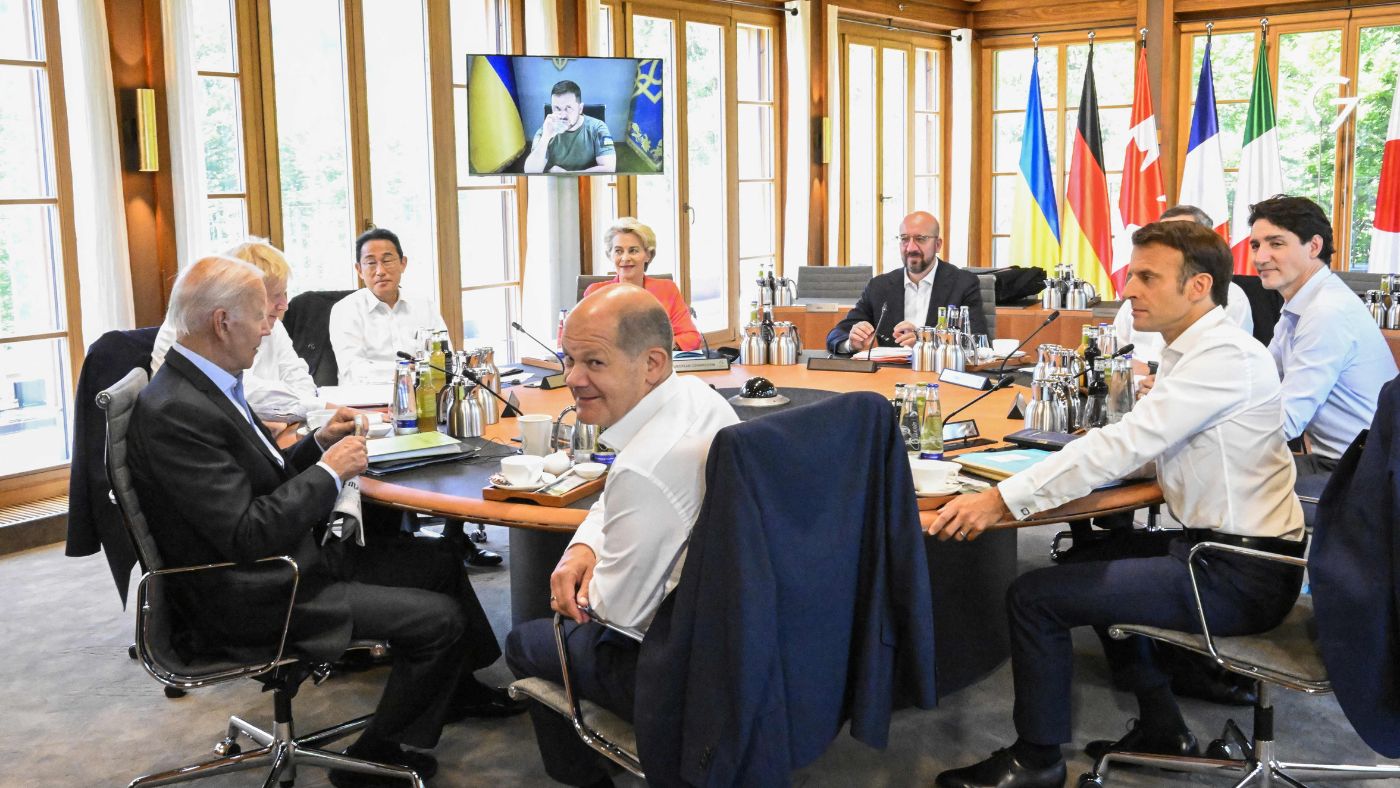 ‘G7 leaders missed a golden opportunity’
‘G7 leaders missed a golden opportunity’Instant Opinion Your digest of analysis from the British and international press
-
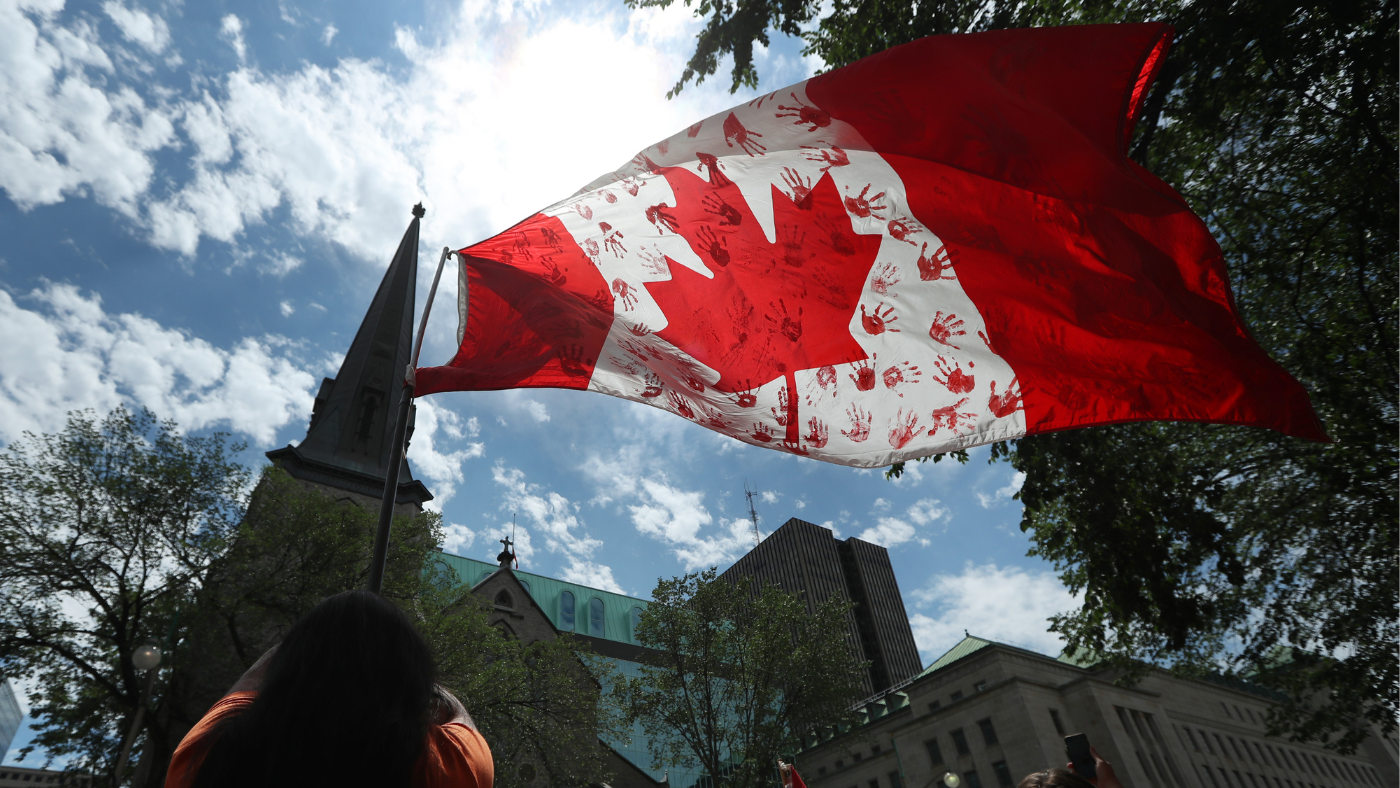 ‘It takes some soul searching to celebrate Canada Day’
‘It takes some soul searching to celebrate Canada Day’Instant Opinion Your digest of analysis from the British and international press
-
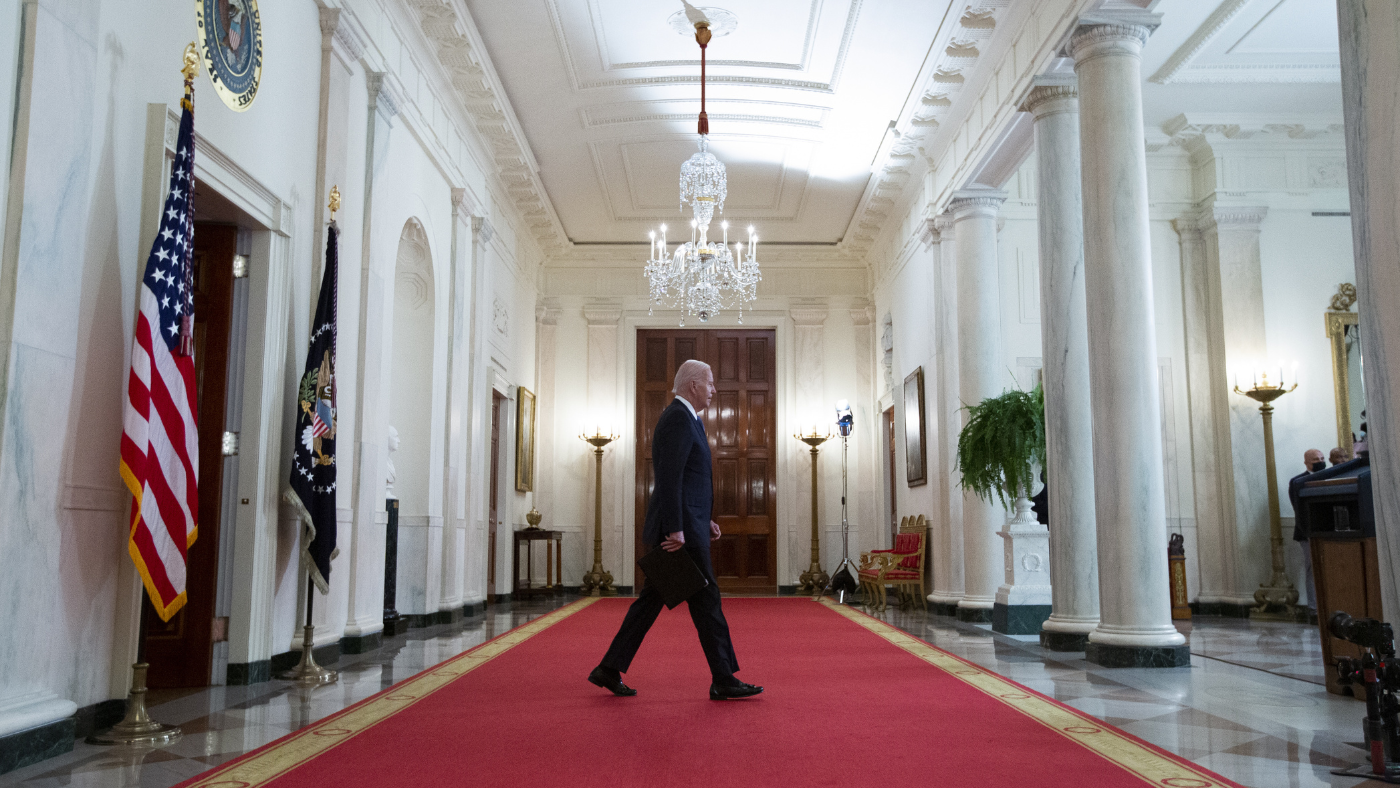 ‘Breakthrough on abortion rights could be there if Biden reaches for it’
‘Breakthrough on abortion rights could be there if Biden reaches for it’Instant Opinion Your digest of analysis from the British and international press
-
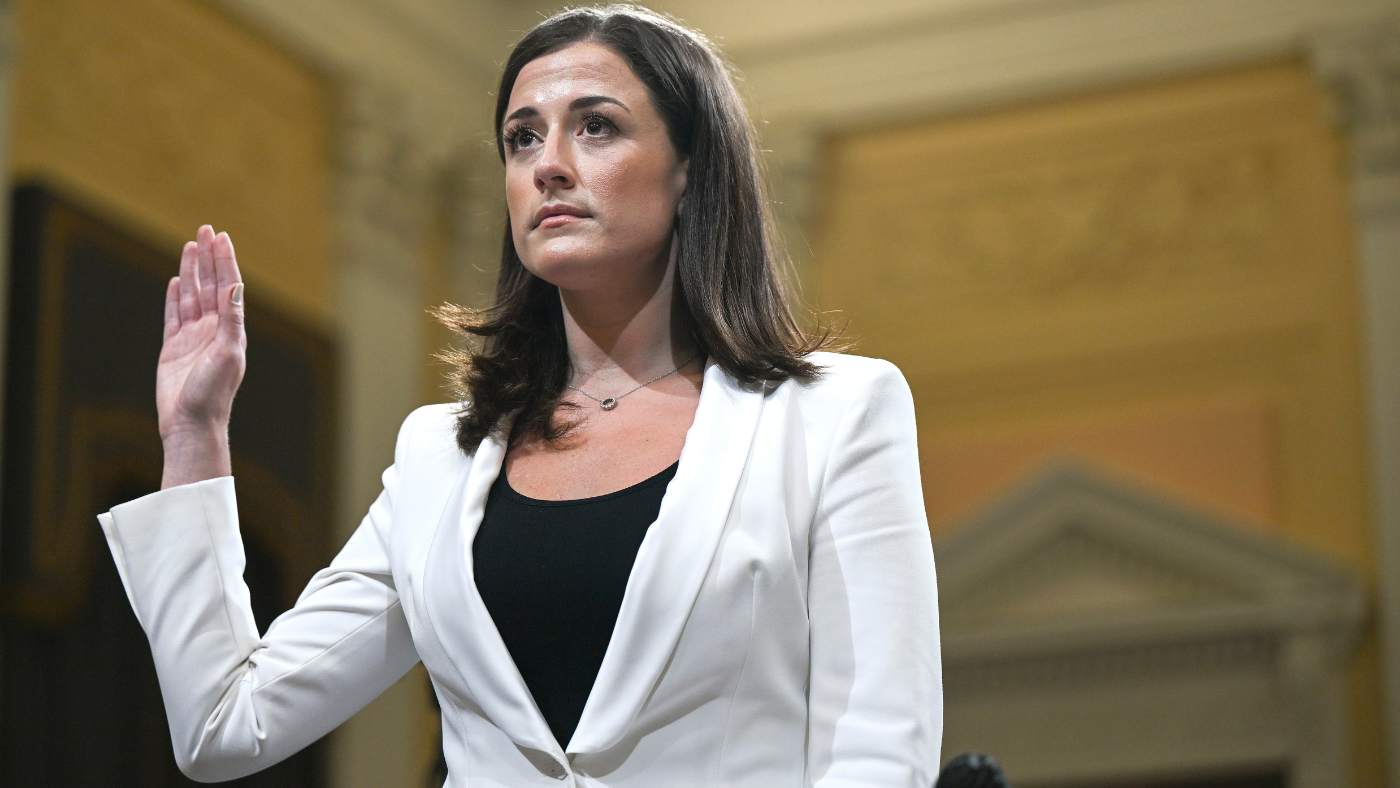 ‘If only Mark Meadows had even half Cassidy Hutchinson’s courage’
‘If only Mark Meadows had even half Cassidy Hutchinson’s courage’Instant Opinion Your digest of analysis from the British and international press
-
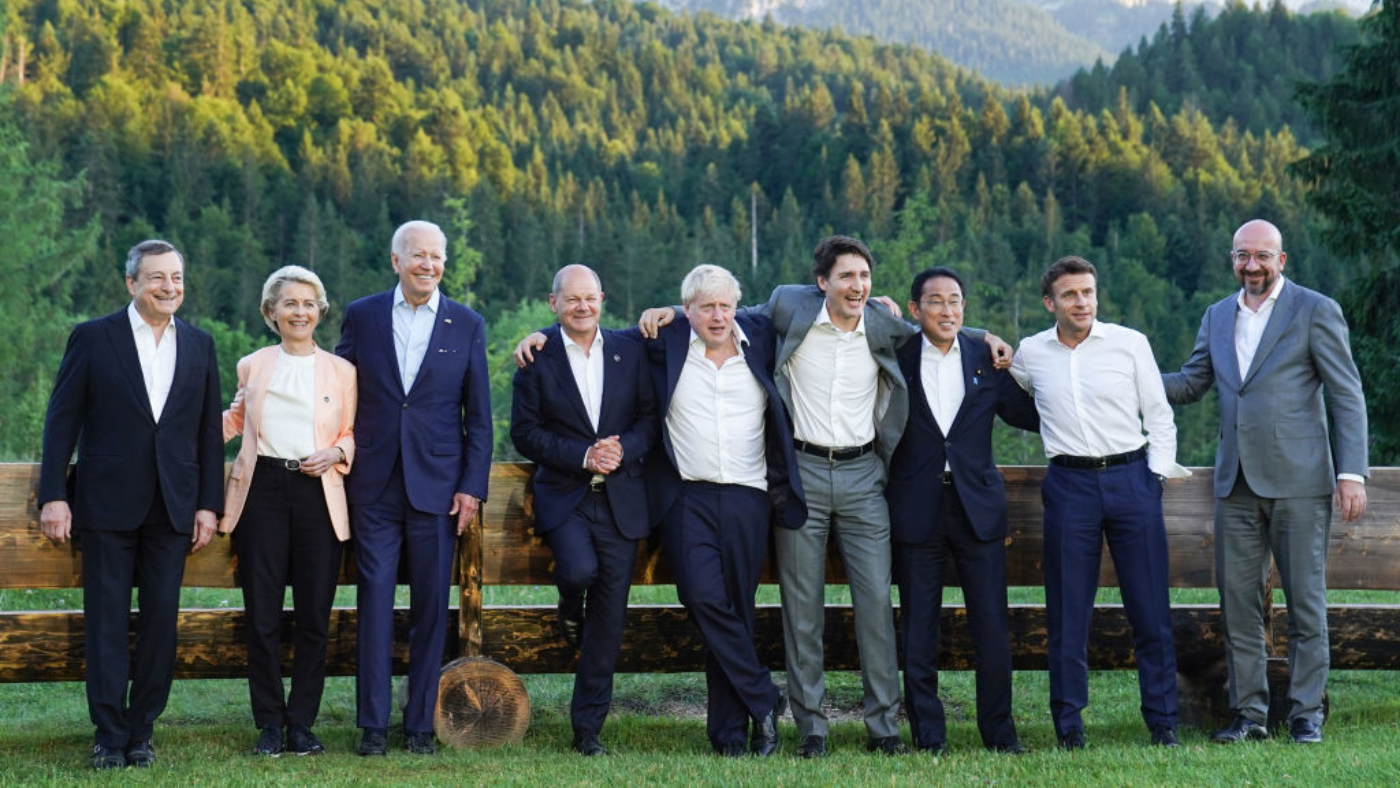 ‘Boris Johnson measures success in biceps rather than brain power’
‘Boris Johnson measures success in biceps rather than brain power’Instant Opinion Your digest of analysis from the British and international press
-
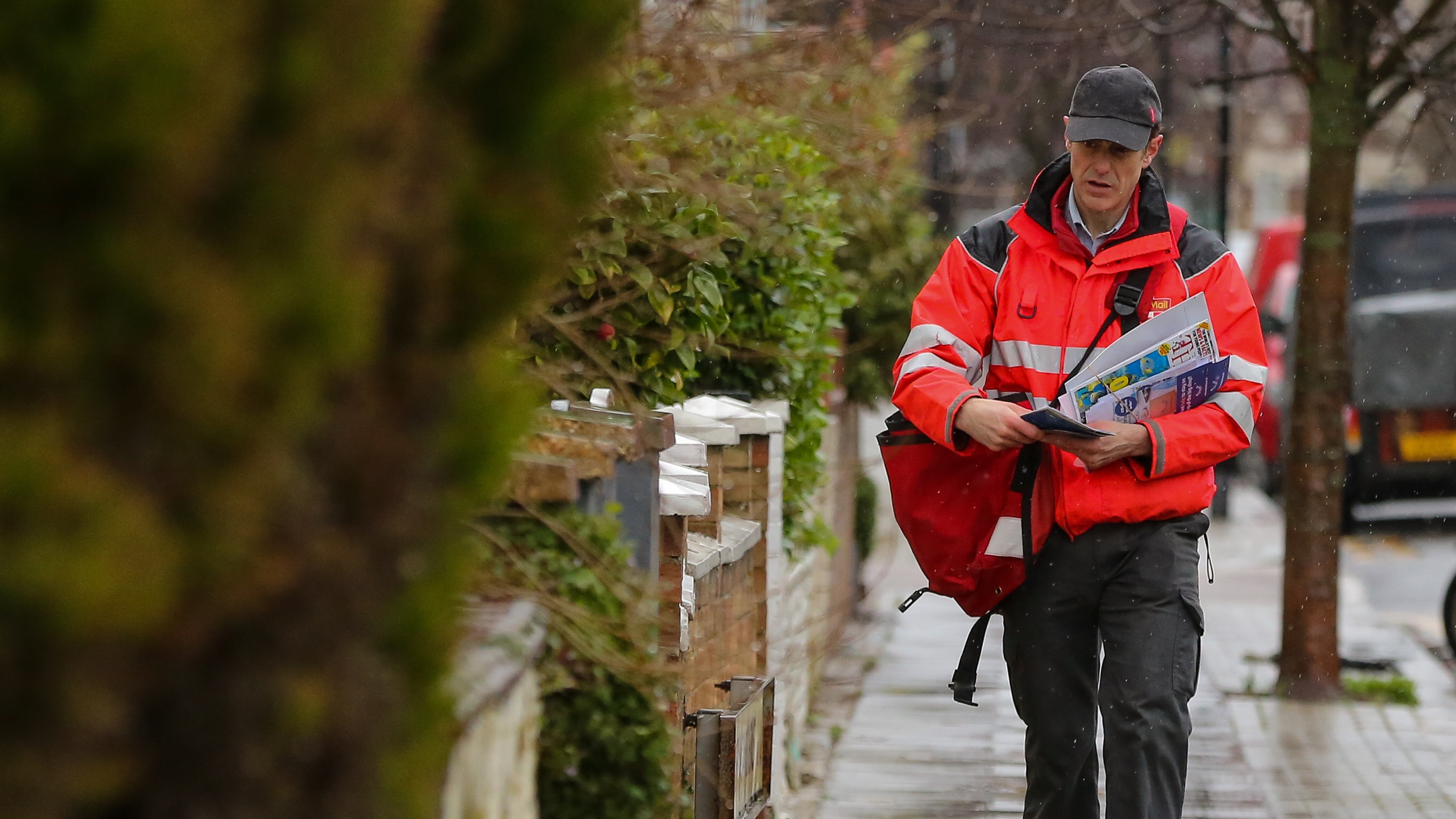 ‘Asking posties to act as community watchmen is an inspired idea’
‘Asking posties to act as community watchmen is an inspired idea’Instant Opinion Your digest of analysis from the British and international press